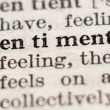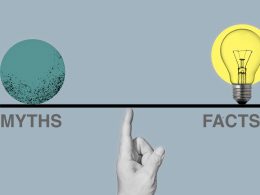Our interactive timeline traces gold’s history back to its earliest origins but one question it doesn’t answer is: Why gold? Why did our earliest ancestors choose gold over copper, neptunium or any other of the earth’s elements as a form of currency?
The hosts of NPR’s “Planet Money” set out to answer that question by breaking down the periodic table of elements. They sought the expert opinion of scientist Sanat Kumar, chair of Columbia University’s chemical engineering department.
Listen to the Episode of Planet Money
Kumar reveals the secret to gold’s value as a currency is simple science. Here’s his process of elimination.
First of all, you have to throw out all the gases (for example, helium, neon and argon). As Kumar points out, even if you stored your gas money in a jar, as soon as you opened the jar, the money would be gone.
Second, many of the elements are too reactive. Lithium will combust when exposed to air, iron rusts, and a host of other elements similarly degrade.
Third, a bunch of the elements (like neptunium) are radioactive. Money is no good if it will kill you.
Kumar and the “Planet Money” hosts discuss the pros and cons of all remaining 30 elements, after eliminating those with these three characteristics. They come to the same conclusion, scientifically, that early humankind did, naturally. For currency that is rare and lasting, gold is the best choice.
By clicking the link above, you will be directed to a third-party website. U.S. Global Investors does not endorse all information supplied by this website and is not responsible for its content.
![]()












